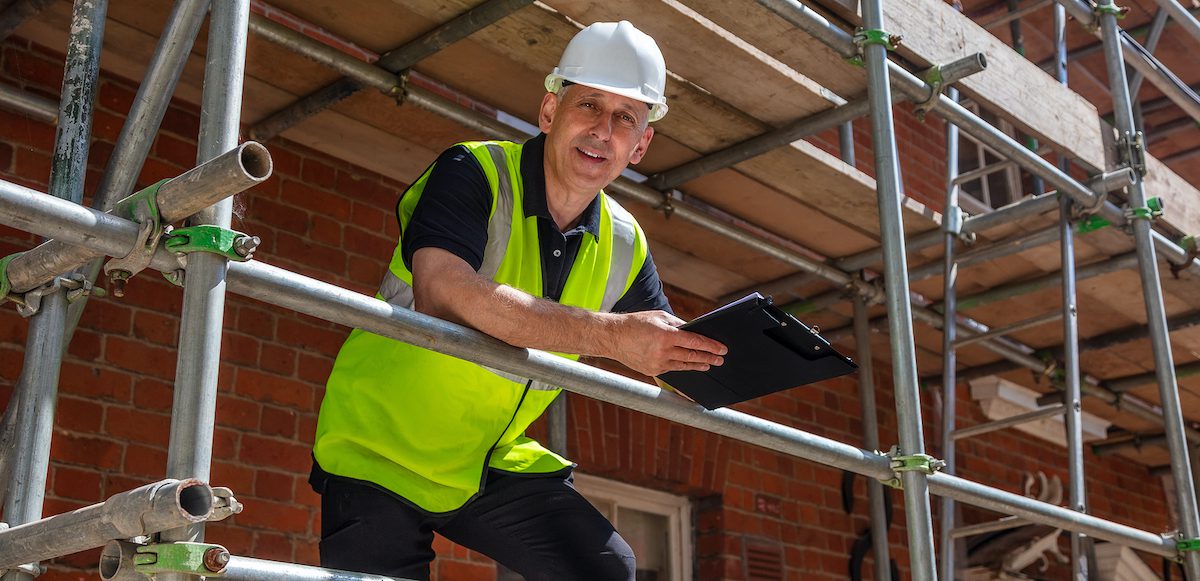When Should I Update My Hearing Aids?
If you’ve been wearing hearing aids for a while, you’re

By: nick | February 16, 2023
As we go through life, we encounter many loud sounds that can be damaging to our hearing. The sound of a chainsaw, a busy construction site, or even your favorite rock concert can all cause hearing damage if you’re exposed to them for long periods of time. But did you know that even some everyday sounds like your personal listening devices or city traffic can also cause hearing damage?
In this blog post, we’ll explore the dangers of noisy sounds and provide tips on how to protect your hearing. As a hearing practice, our mission is to help you preserve your hearing for a lifetime of great hearing health. So, let’s dive in!
Noise is measured in decibels (dB), and exposure to sound levels of 85 dB or higher can cause hearing damage. The longer the exposure time, the greater the risk of hearing loss. For example, if you listen to music at 85 dB for 8 hours, you will likely experience hearing damage.
To put this into perspective, here are some common noisy sounds and their corresponding decibel levels:
Personal listening devices
Personal listening devices like earbuds and headphones are popular and convenient. However, they can be incredibly damaging to your hearing. If you listen to music on your personal listening device at a high volume for an extended period of time, you could be causing irreversible damage to your ears. To protect your hearing, limit your use of personal listening devices, and keep the volume at a safe level. The World Health Organization recommends using the 60/60 rule – listen at no more than 60% of the maximum volume for no more than 60 minutes at a time.
Concerts and loud music events
Concerts and loud music events are a fun way to enjoy music, but they can be harmful to your hearing. When you’re at a concert or music event, the sound levels can easily reach 110 dB or more, causing hearing damage in just a few minutes. To protect your hearing, consider wearing earplugs. Earplugs can reduce the noise level by 15 to 30 dB, allowing you to enjoy the music while protecting your hearing.
Heavy traffic and transportation noise
Living in the city can expose you to heavy traffic and transportation noise. These noises can cause hearing damage over time. The sound of a subway, bus, or train can easily reach 100 dB, which is well above the recommended safe limit. To protect your hearing, try to limit your exposure to traffic noise as much as possible. Consider wearing earplugs or noise-canceling headphones if you live in a noisy area.
Power tools and machinery noise
Power tools and machinery produce high levels of noise that can damage your hearing over time. These noises can easily reach 100 dB or more, which is well above the recommended safe limit. To protect your hearing, consider wearing ear protection when using power tools or machinery. Earplugs or earmuffs can help to reduce the noise level and prevent hearing damage.
Limit exposure to loud noises.
Limiting your exposure to loud noises is the best way to protect your hearing. Try to avoid noisy environments, or take breaks when you can. If you can’t avoid a noisy environment, try to move to a quieter area or wear earplugs or noise-canceling headphones.
Take regular hearing breaks.
If you work in a noisy environment, take regular breaks from the noise. This will allow your ears to rest and recover. Try to take a 5 to 10-minute break every hour or so.
Get regular hearing check-ups.
Regular hearing check-ups can help to detect hearing loss early. If hearing loss is detected early, it can be treated more effectively. At our hearing practice, we offer hearing assessments that are quick, easy, and painless.
Hearing damage is a serious problem that affects millions of people every year. By being aware of the dangers of noisy sounds and taking steps to protect your hearing, you can prevent hearing loss and maintain great hearing health.
At our hearing practice, we are committed to helping you preserve your hearing for a lifetime of great hearing health. If you’re concerned about your hearing or would like to learn more about hearing health, we encourage you to schedule a hearing assessment today. With our help, you can protect your hearing and enjoy all the sounds of life to the fullest.

If you’ve been wearing hearing aids for a while, you’re
By: admin | May 5, 2022

According to a World Health Organization estimate, about 466 million
By: admin | May 5, 2022

The following scenario will be familiar to anyone who suffers from hearing
By: admin | March 22, 2022
